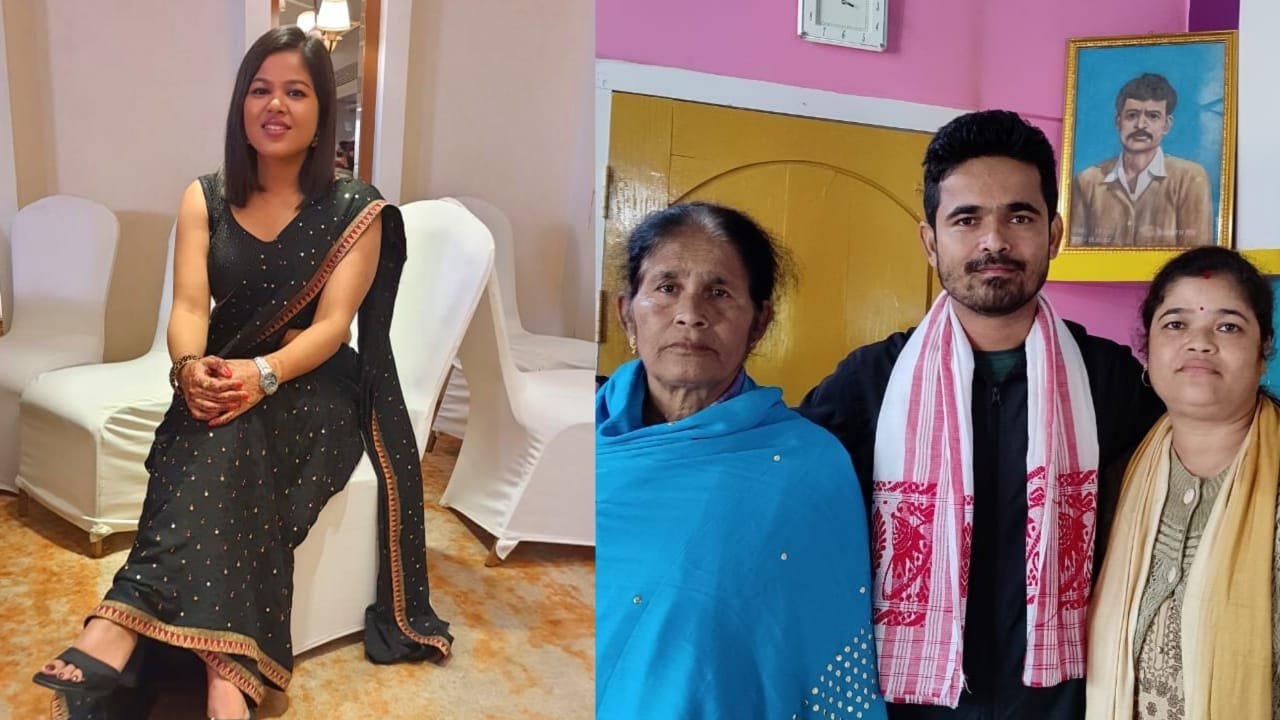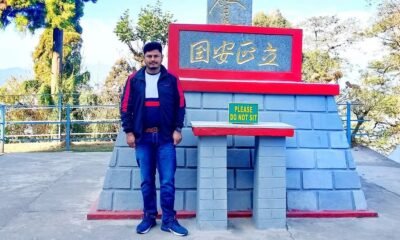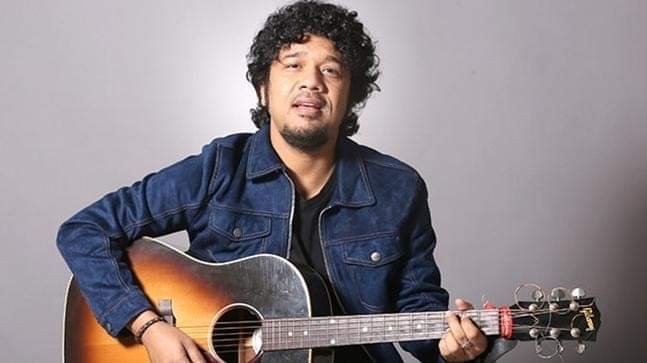NORTHEAST
Two from Assam cracked UPSC CAPF (ACs) Exam: 2020

Two candidates from Assam have brought laurels to the state after clearing the UPSC CAPF (ACs) examination, 2020.
They are Ratul Roy and Neha Borah.
Rahul Roy, who hails from Pathsala in Bajali district, has cleared the ( central armed police force ) CAPF (AC) examination. He has secured the 177th position. Conducted by union public service examination 2020.
The results of the CAPF examination were declared by the UPSC on Tuesday.
Ratul Roy’s father, Surath Roy, was a tea seller in Pathsala, and he passed away a few years ago, leaving him with his mother, Golapi Roy.He had to struggle a lot to pursue his studies during his student life.
Rahul Roy had been working in the Indian Navy since 2006 and took voluntary retirement in 2021.
Though he faced immense hardship owing to his weak financial condition, Roy never gave up on his dreams and kept on working hard to achieve them.
Ratul Roy while expressing his happiness at clearing the UPSC examination said, “Poverty should be taken as a challenge. Some people remain mentally backward and some others economically backward. One should not think himself to or herself as destitute.”
Meanwhile, Neha Borah, who has also cleared UPSC , CAPF examination, secured the 52th rank. Hailing from Tezpur, Borah is currently based in New Delhi, is the daughter of Topeswar Borah, a retired CRPF member and Mina Das Borah, is a CRPF deputy commandant, and she is presently posted in Lucknow.
“whatever I’m today is because of my parents. They always support me in every step of my life”. Said Neha Borah.
For more stories follow our page Times of Northeast on Facebook, Twitter, Instagram, YouTube, LinkedIn, Koo
Visit our website https://timesofnortheast.com
Times of Northeast is an independent digital news platform which seeks to grab the attention of rational-minded people from Northeast India.















